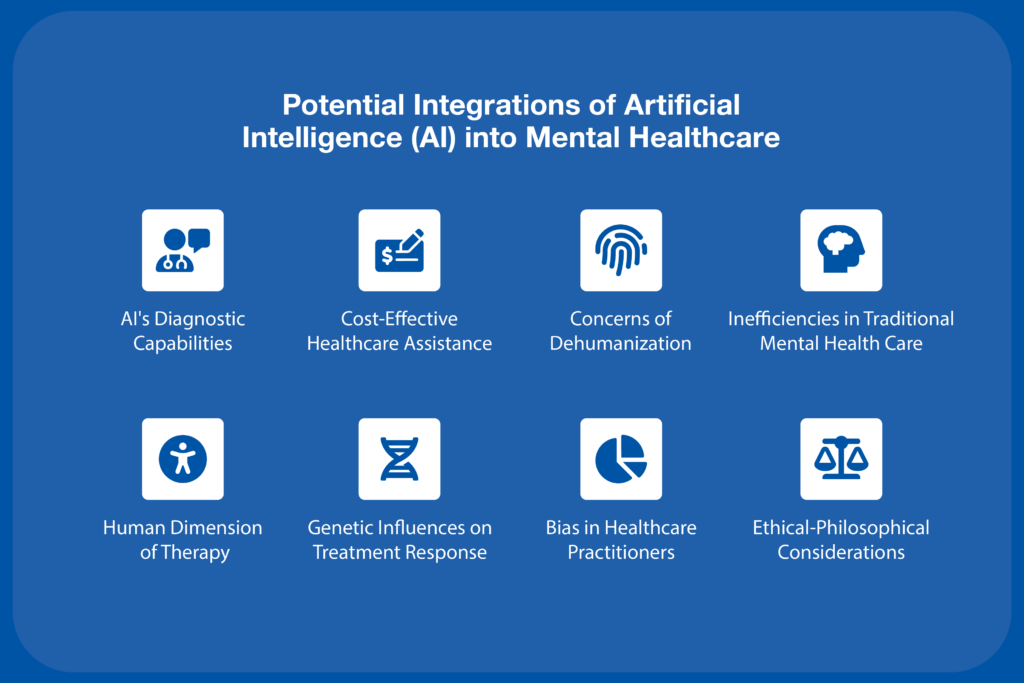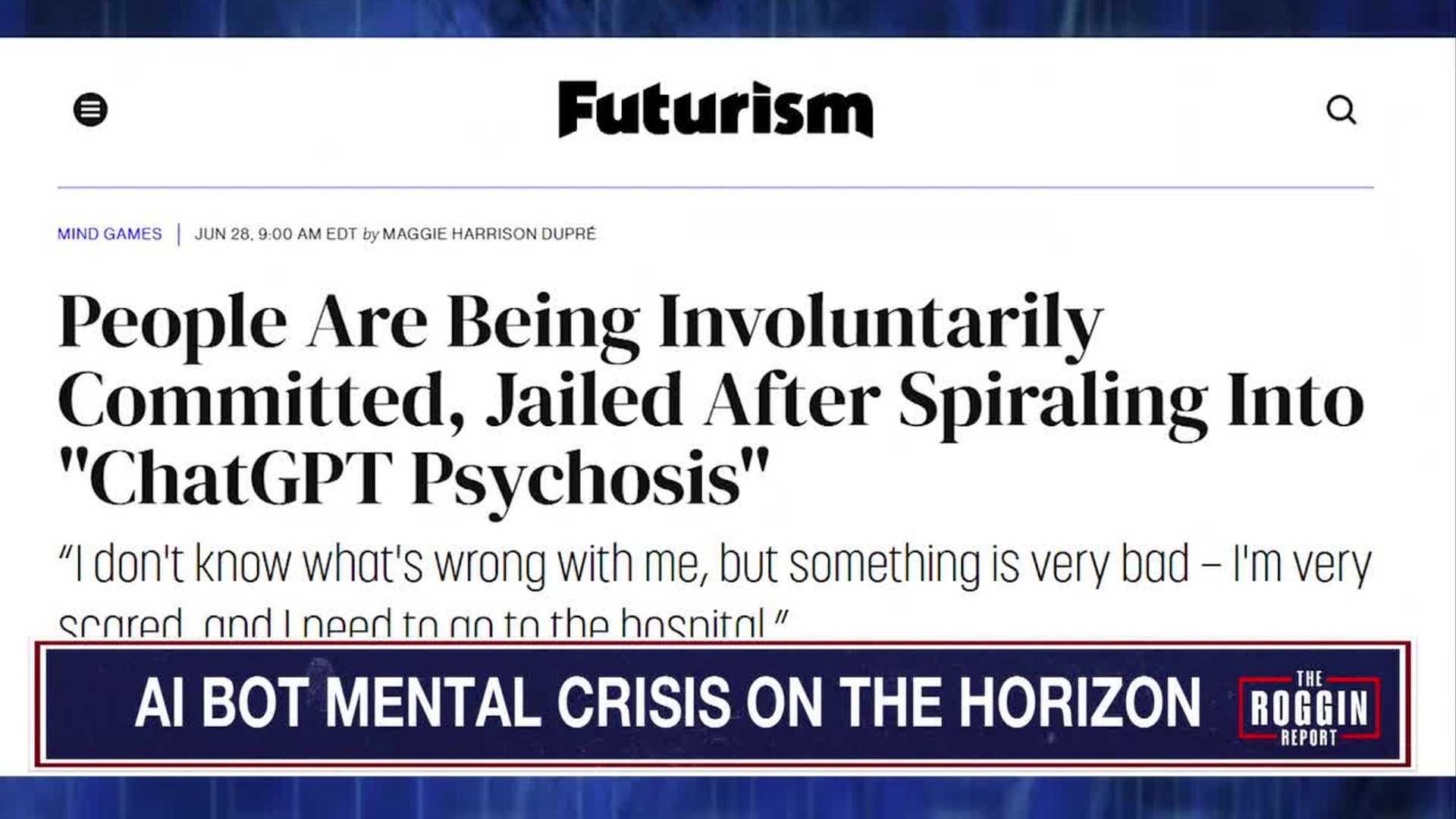The Growing Concern Over “ChatGPT Psychosis”
Artificial Intelligence (AI) has undoubtedly revolutionized various aspects of our lives, from improving healthcare to enhancing customer service. However, as with any powerful technology, AI also comes with its own set of challenges and potential risks. One such emerging concern is the phenomenon known as “ChatGPT Psychosis.”

Understanding ChatGPT Psychosis
ChatGPT is a cutting-edge language model developed by OpenAI that utilizes deep learning to generate human-like text responses. While ChatGPT has been praised for its ability to engage in conversations and assist with various tasks, some individuals have reported experiencing psychological distress after prolonged interactions with the AI.
The Impact on Mental Health
Reports of individuals developing symptoms of anxiety, paranoia, and detachment from reality after engaging extensively with ChatGPT have raised alarms within the mental health community. Some experts suggest that the AI’s advanced capabilities to mimic human conversation and emotions could blur the lines between human and machine interaction, leading to confusion and psychological turmoil.

Navigating the Challenges
As AI continues to advance and integrate further into our daily lives, it is crucial for both developers and users to be mindful of the potential impact on mental health. Establishing clear boundaries and understanding the limitations of AI algorithms can help mitigate the risks associated with technologies like ChatGPT.
Ultimately, while AI technologies like ChatGPT hold immense promise for the future, it is essential to approach their use with caution and prioritize the well-being of individuals. By staying informed and fostering a healthy relationship with technology, we can harness the benefits of AI while safeguarding our mental health.





















